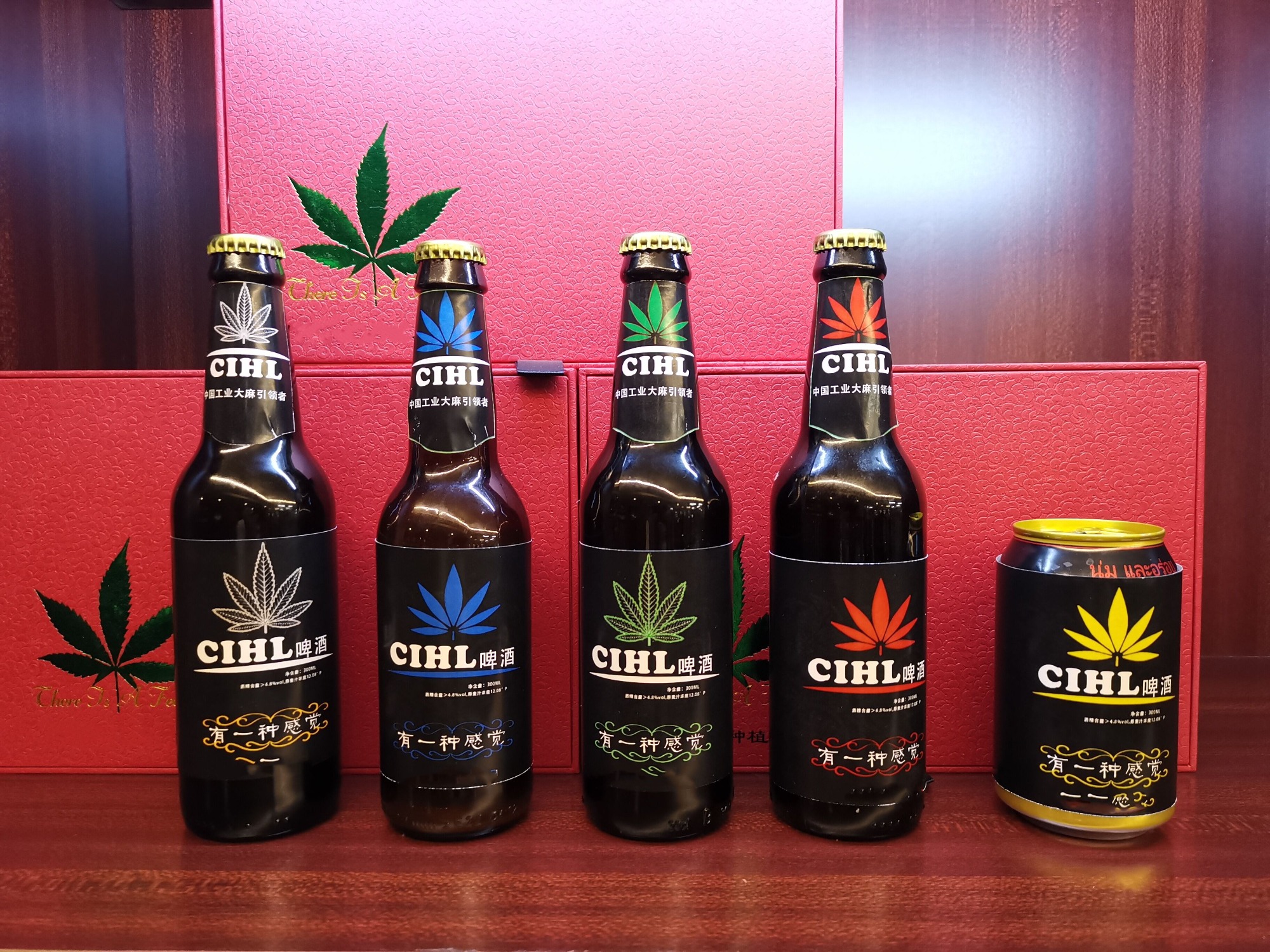1. Cannabidiol is legal ?
CBD is widely available in most regions of the United States, yet its legal status is unclear. CBD is legal in all 50 states, with different degrees of regulation. The FDA relaxed regulatory criteria in December 2015, allowing researchers to undertake CBD experiments. The Farm Bill of 2018 makes hemp legal in the United States, making it very hard to keep CBD illegal - it would be like to making oranges legal but keeping orange juice unlawful.

CBD in a prescription form is used to treat seizure disorders (epilepsy). CBD is also used to treat anxiety, pain, dystonia, Parkinson's disease, Crohn's disease, and many more ailments, however there is no clear scientific evidence to support these claims.
In 2018, legislation made it lawful to sell hemp and hemp products in the United States. Nevertheless, this does not imply that all CBD products derived from hemp are lawful. CBD cannot be lawfully put in meals or dietary supplements because it is a prescription medicine. CBD is only permitted in "cosmetic" goods. Nonetheless, CBD products marketed as nutritional supplements are still available on the market. The level of CBD in these items is not always the same as indicated on the label.
2. May relieve pain
Cannabis has been used to alleviate pain since 2900 B.C.
Scientists have recently found that specific components of cannabis, particularly CBD, are responsible for its pain-relieving properties.
The endocannabinoid system is a specialized system in the human body that regulates a number of processes such as sleep, hunger, pain sensation, and immune system response.
Endocannabinoids are neurotransmitters produced by the body that connect to cannabinoid receptors in the nervous system.
CBD has been found in studies to help alleviate chronic pain by influencing endocannabinoid receptor function, decreasing inflammation, and interacting with neurotransmitters.
Some evidence shows that when used alone, CBD may be useful for specific forms of pain, such as nerve pain and back pain. It appears to be most effective when coupled with THC.
Numerous human investigations have demonstrated that combining CBD and THC is useful in alleviating pain associated with MS and arthritis.
Sativex (nabiximols), an oral spray containing a 1:1 mixture of THC and CBD, is licensed in numerous countries to alleviate pain associated with MS.
A research including 47 persons with MS looked at the effects of taking Sativex for a month. The participants' discomfort, walking abilities, and muscular spasms all improved.
According to one review, Sativex may help those with MS-related neuropathic pain and persistent severe neuropathic pain. The research also discovered that Sativex may help alleviate worry and stress, both of which are key contributors to chronic pain.
Furthermore, some studies shows that CBD may help with the symptoms of rheumatic disorders like fibromyalgia.
A survey of 2,701 patients with fibromyalgia indicated that those who took CBD for pain treatment reported a small to major improvement in symptoms.

Furthermore, preclinical data from rat research suggests that CBD may be effective for arthritic pain and inflammation, but human trials are missing .
Although experts are cautiously hopeful that CBD may be useful in the treatment of some forms of pain, particularly when paired with THC, further high-quality trials are needed to determine its efficacy in pain management.
3. May alleviate symptoms associated with some mental health conditions
Anxiety and other mental health illnesses can have a negative influence on one's general health and well-being.
Pharmaceutical medicines are frequently used to treat mental health conditions, which can result in sleepiness, agitation, sleeplessness, sexual dysfunction, and headaches.
Moreover, drugs such as benzodiazepines have the potential for addiction and may result in substance use disorder.
CBD oil has showed potential as a therapy for several mental health issues, such as anxiety disorders, which has piqued the curiosity of many people who suffer from these conditions.
In a Brazilian research, 57 males were given either oral CBD or a placebo 90 minutes before a simulated public speaking exam. The researchers discovered that a 300-mg dosage of CBD reduced anxiety considerably during the test.
Those who received a placebo, a 150-mg dosage of CBD, or a 600-mg dose of CBD saw little to no impact.
CBD oil has been shown to be effective in treating sleeplessness and anxiety in children suffering from post-traumatic stress disorder (PTSD), a kind of anxiety condition.
A tiny 2019 research also discovered that CBD was beneficial for lowering PTSD-related symptoms in adults, including nightmares.
Numerous additional research have discovered that CBD may be beneficial for those suffering from social anxiety and other anxiety-related diseases.
Although some people report that CBD alleviates depressive symptoms, human proof of CBD's potential antidepressant properties is still lacking.
Other studies, however, show that it may help lessen depressive symptoms in people with cannabis use problems.
CBD is now being studied for its impact on anxiety and depression symptoms.
In fact, a research examining the potential efficacy of 150-300 mg of CBD per day for 12 weeks on anxiety and depression symptoms in patients with bipolar illness is scheduled to be finished in April 2022.
4. The end of Summarize
CBD oil has been researched for its possible involvement in alleviating symptoms of a variety of common health issues, including anxiety and neurological diseases. Also, it may boost heart health and aid in the relief of certain types of discomfort.
Keep in mind that some of these health advantages are associated with the use of CBD in conjunction with THC, rather than CBD alone.
CBD research into the impact on specific illnesses is ongoing, and there is still much to learn about the possible benefits of CBD.
If you want to take CBD to treat a health problem or improve your general health, consult with a healthcare practitioner first. They can advise you on whether adding a CBD product to your regimen is acceptable and assist you in selecting the optimal product.

